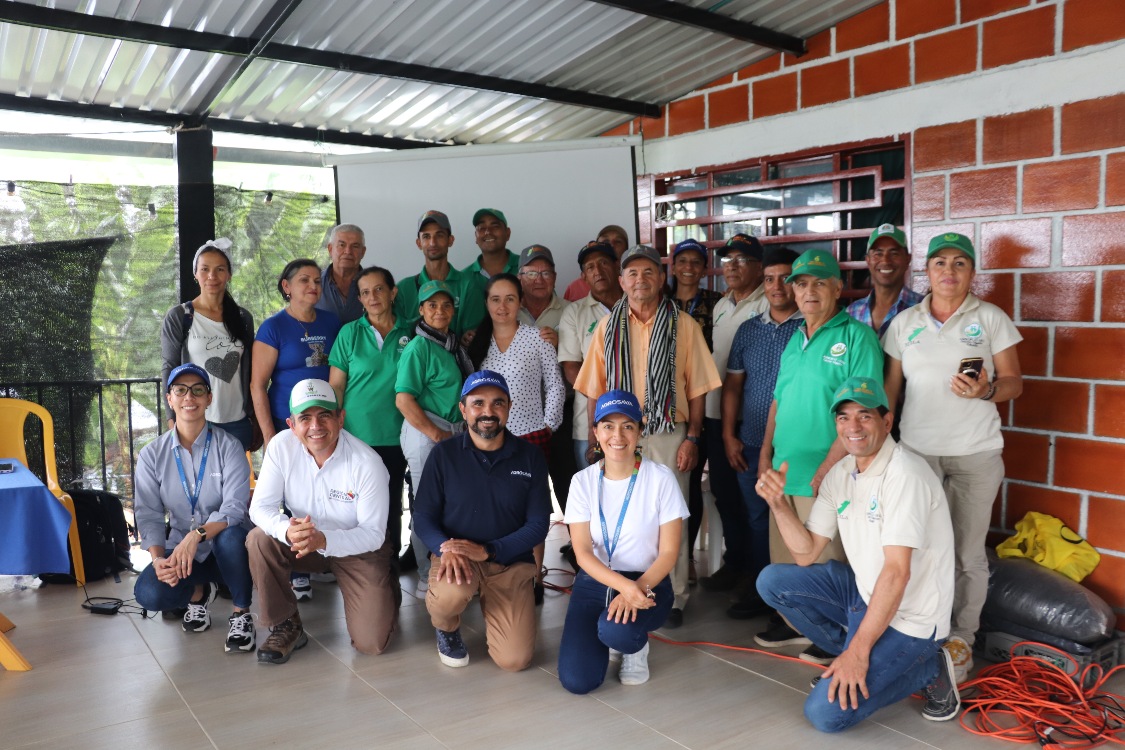- Asociación de Familias Campesinas Víctimas y Vulnerables Productoras, Procesadoras y Comercializadoras del Plátano (Asproplat), Corporación Colombiana de Investigación Agropecuaria (AGROSAVIA), and Región Administrativa y de Planificación Especial (RAP-E) worked articulated to offer alternatives to improve plantain handling grown in hillside areas, to reduce postharvest losses, facilitating producers' work, reducing occupational risks and improving the well-being of peasant families.
Mosquera, Cundinamarca. April 8, 2024. In a country where more than 60% of food losses correspond to fruits and vegetables, the AGROSAVIA RAP-E project "Pilot of harvest and postharvest management practices to reduce fruit and vegetable losses" is faced with a multidimensional approach to this critical challenge of reducing food losses and waste in Colombia.
The project to address this problem includes appropriate management strategies during the harvest and postharvest of these products to control the factors that accelerate deterioration and senescence processes, thus significantly reducing food losses and waste.
In Vereda Zuluaga, Municipality of Garzón, Huila, the project is closely collaborating with the Asproplat association, which faces considerable challenges in transporting its plantain harvest across the tough hillside conditions where the properties of its members are located. This occurs because farmers transport plantain bunches on their shoulders, causing damage to these and affecting the quality and market value of the product. According to María Cristina García Muñoz, Ph.D. Researcher from the Tibaitatá Research Center of AGROSAVIA, "The bumps during transportation cause, on the one hand, bruises to the fruit, affecting its appearance and reducing its price, and on the other hand, respiration and transpiration processes of the plantain accelerate, significantly reducing its useful life, leading in some cases to the total loss of the product."
To solve this problem, AGROSAVIA and RAP-E have worked closely with Asproplat producers. Alfonso Cubillos Varela, Ph.D. Researcher at the Tibaitatá Research Center of AGROSAVIA explained, "We have delivered evaluation reports to 17 plantain producers, proposing personalized solutions, such as cable transportation systems, to reduce losses during transportation from the farm to the conditioning points."
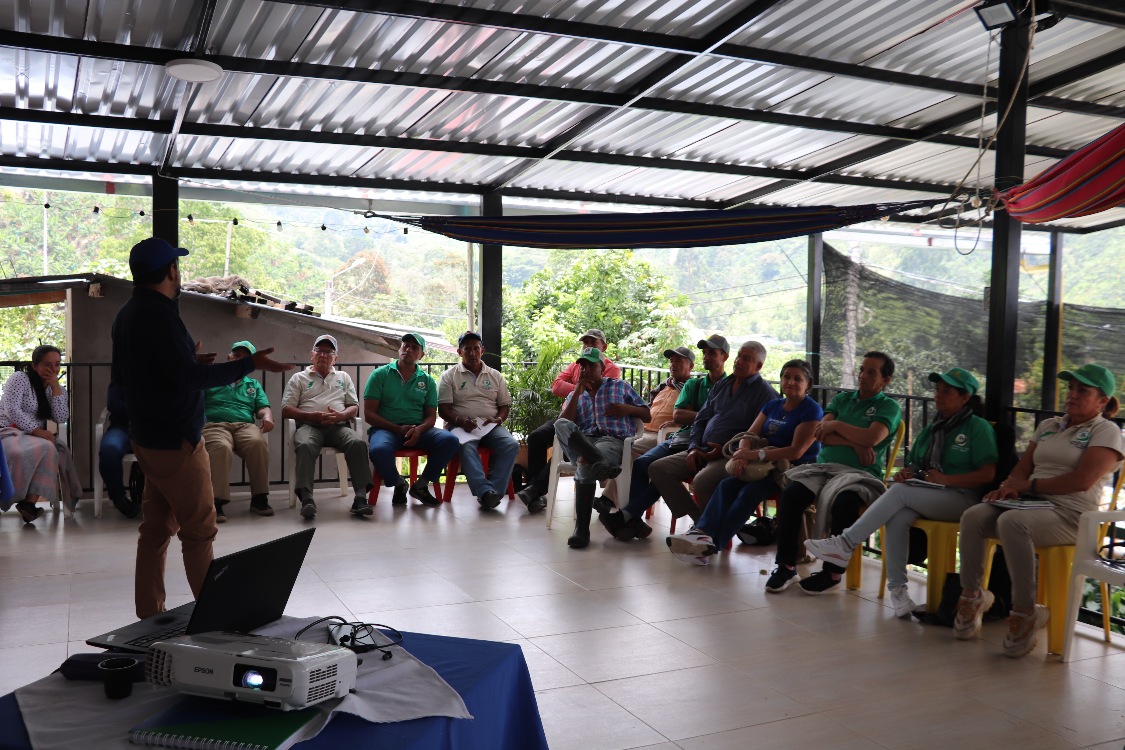
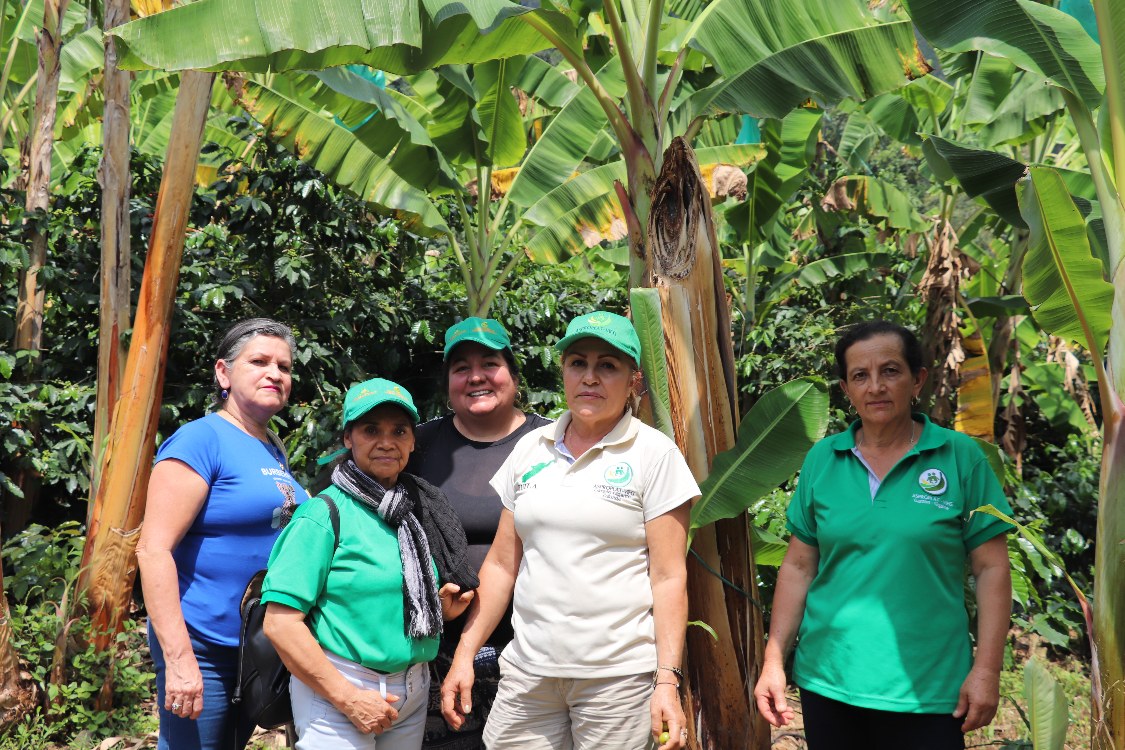
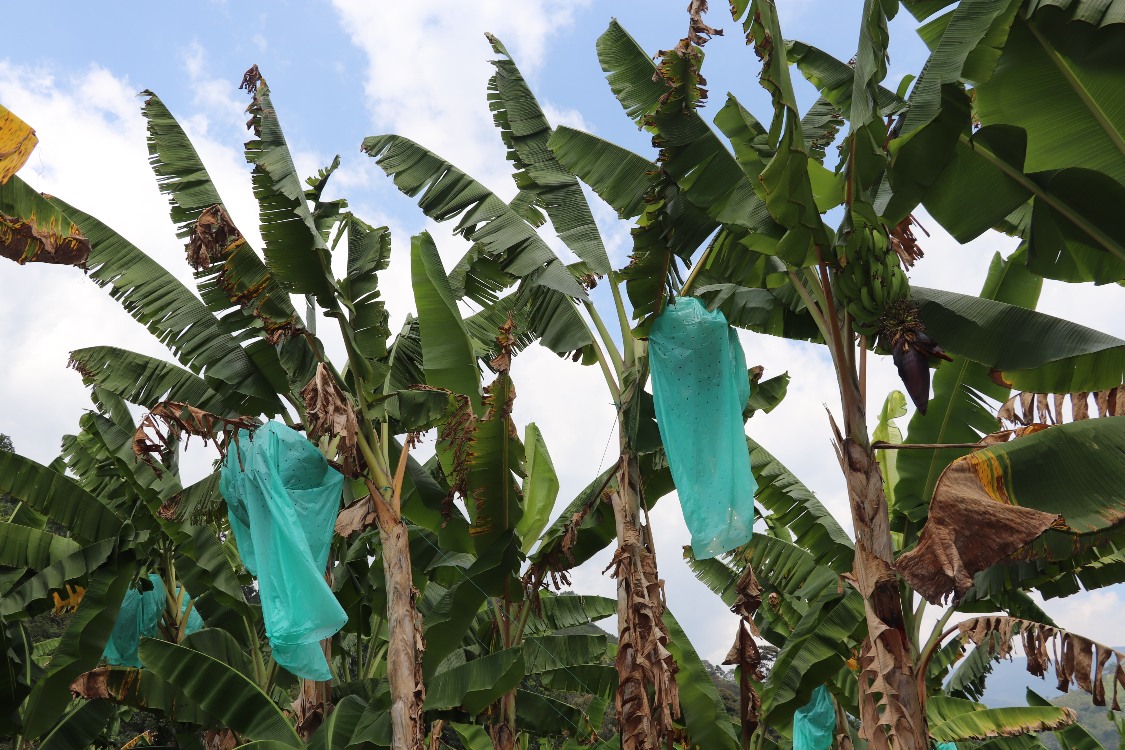
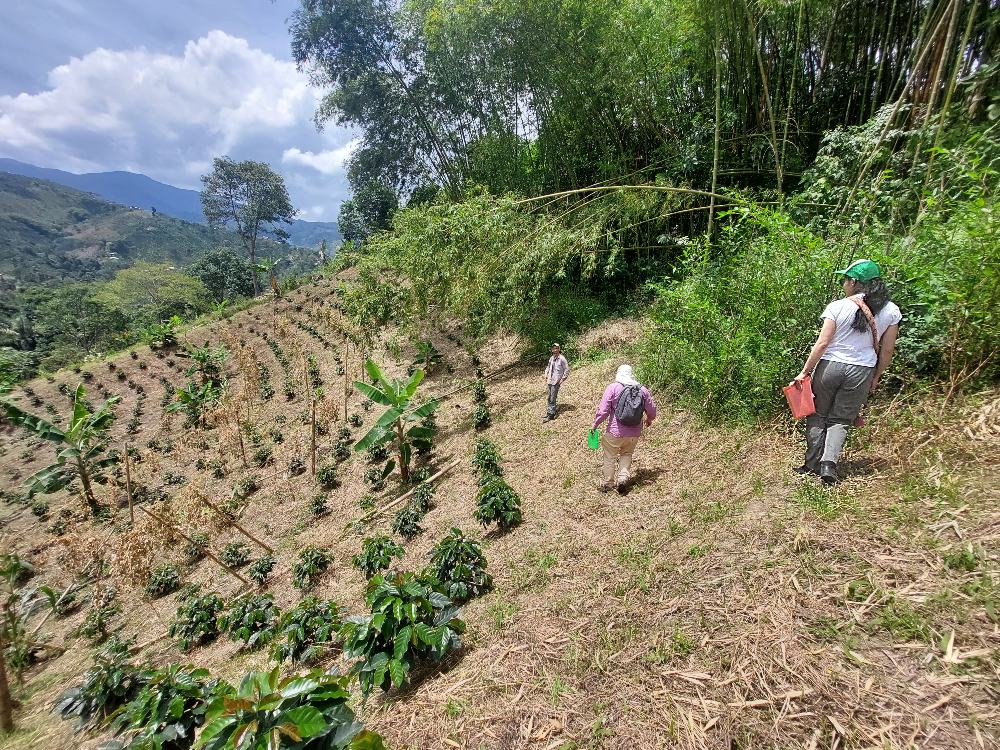
Through visits made by the AGROSAVIA and RAP-E team to each productive unit, the particular topographic conditions of each property, the production volume, the route that the workers travel with the plantain bunch on their shoulders from the production plot to the collection point, as well as the critical points of the route, and the main problems indicated by the producers, among other data, were identified. With this information, a proposal for a cable transportation system was defined for each producer, including the type and length of the system, the number of towers or poles, the property's layout, the cable's diameter, and a preliminary evaluation of the cost. This information is key for producers, who will be able to seek financing from international or government agricultural support programs or banking entities, with a solid technical proposal supported by AGROSAVIA, seeking to improve their competitiveness, favor their inclusion in value chains, increase their income and contribute to loss reduction in this important chain for the food and nutritional security of the Colombian population.
Carlos Montero, President of Asproplat, shares his perspective on the potential impact of these improved transportation systems: "For us, receiving the designs for the construction of overhead cables is a great relief. This will improve our working conditions and allow us to manage and market plantains more efficiently and safely."
With this initiative, AGROSAVIA and RAP-E hope not only to reduce plantain losses in Colombia but also to improve the working conditions of producers and contribute to the sustainable development of the country's agricultural sector.
- More information here:
- María Elena Londoño Rubio
- Communications, Identity and Corporate Relations Professional
- Research Center Tibaitatá
- Communications, Identity and Corporate Relations Advisory Office
- melondono@agrosavia.co
- AGROSAVIA



